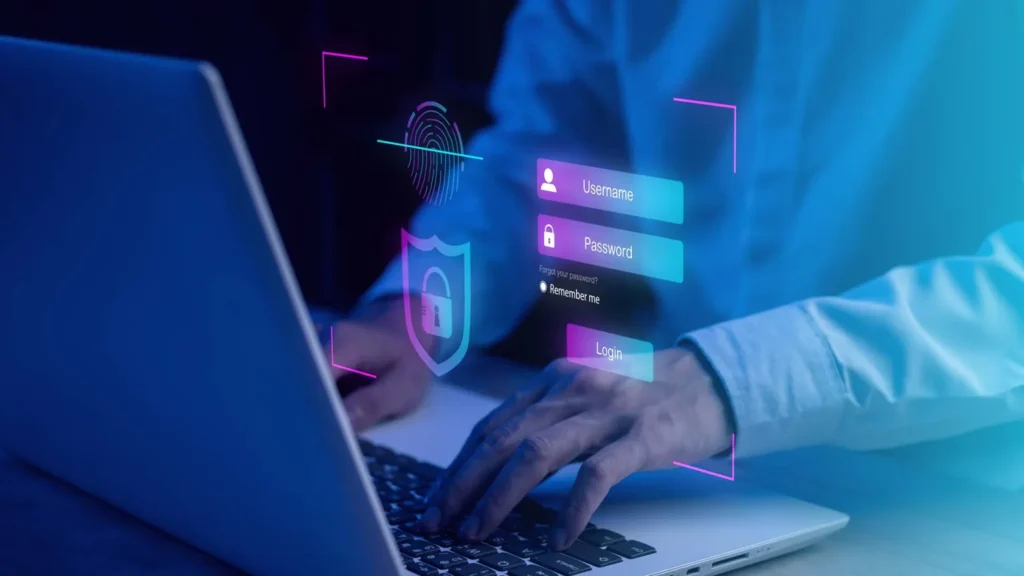
In today’s digital age, small businesses are increasingly becoming targets for cyberattacks. As these businesses often lack the resources of larger enterprises, they can be seen as easier targets for cybercriminals. At Devsfleet, we understand the importance of robust cybersecurity measures to protect your business and customer data. Here are some essential cybersecurity practices every small business should implement.
1. Strong Password Policies
Passwords are the first line of defense against unauthorized access. Implementing strong password policies is crucial. Ensure that all employees use complex passwords that include a mix of letters, numbers, and special characters. Encourage regular password changes and discourage the use of the same password across multiple platforms.
2. Multi-Factor Authentication (MFA)
Multi-factor authentication adds an extra layer of security by requiring users to verify their identity through multiple means. This could be something they know (a password), something they have (a smartphone), or something they are (a fingerprint). MFA significantly reduces the risk of unauthorized access.
3. Regular Security Audits
Conducting regular security audits helps identify vulnerabilities within your systems. These audits should include checking for outdated software, potential security gaps, and compliance with industry standards. Addressing these issues promptly can prevent potential breaches.
4. Employee Training and Awareness
Human error is one of the leading causes of security breaches. Regularly train your employees on cybersecurity best practices, such as recognizing phishing emails, securing sensitive information, and safe internet browsing habits. Creating a culture of security awareness can significantly reduce the risk of accidental breaches.
5. Data Encryption
Encrypting sensitive data ensures that even if it is intercepted, it cannot be read without the decryption key. Implement encryption for data at rest (stored data) and data in transit (data being transferred over networks). This is especially important for protecting customer information and business-critical data.
6. Regular Software Updates and Patches
Outdated software is a common entry point for cybercriminals. Ensure that all software, including operating systems, applications, and security tools, are regularly updated with the latest patches. This practice helps protect against known vulnerabilities and exploits.
7. Secure Wi-Fi Networks
Wi-Fi networks are often a weak point in small business security. Ensure that your Wi-Fi network is secured with strong encryption (such as WPA3) and hidden from public view. Additionally, use a separate network for guests and public access to prevent unauthorized access to your internal systems.
8. Backup and Recovery Plans
Data loss can be devastating for a small business. Regularly back up your data and ensure that backups are stored securely. Develop a comprehensive disaster recovery plan that outlines the steps to take in the event of a cyberattack or data breach. This ensures business continuity and minimizes downtime.
9. Firewalls and Antivirus Software
Implement robust firewalls to protect your network from unauthorized access and malware. Ensure that all devices have up-to-date antivirus software to detect and remove malicious software. Regularly scan your systems for threats and address any identified issues promptly.
10. Vendor and Third-Party Risk Management
Many small businesses rely on third-party vendors for various services. Ensure that these vendors adhere to strict cybersecurity standards. Conduct regular assessments of their security practices and include cybersecurity requirements in your contracts.
Conclusion
By implementing these cybersecurity essentials, small businesses can significantly reduce their risk of cyberattacks and protect their valuable assets. At Devsfleet, we specialize in providing comprehensive cybersecurity solutions tailored to the unique needs of small businesses. Contact us today to learn how we can help secure your business against cyber threats.
Implementing these practices not only protects your business but also builds trust with your customers, ensuring that their data is safe and secure. With the right cybersecurity measures in place, small businesses can thrive in the digital landscape with confidence.